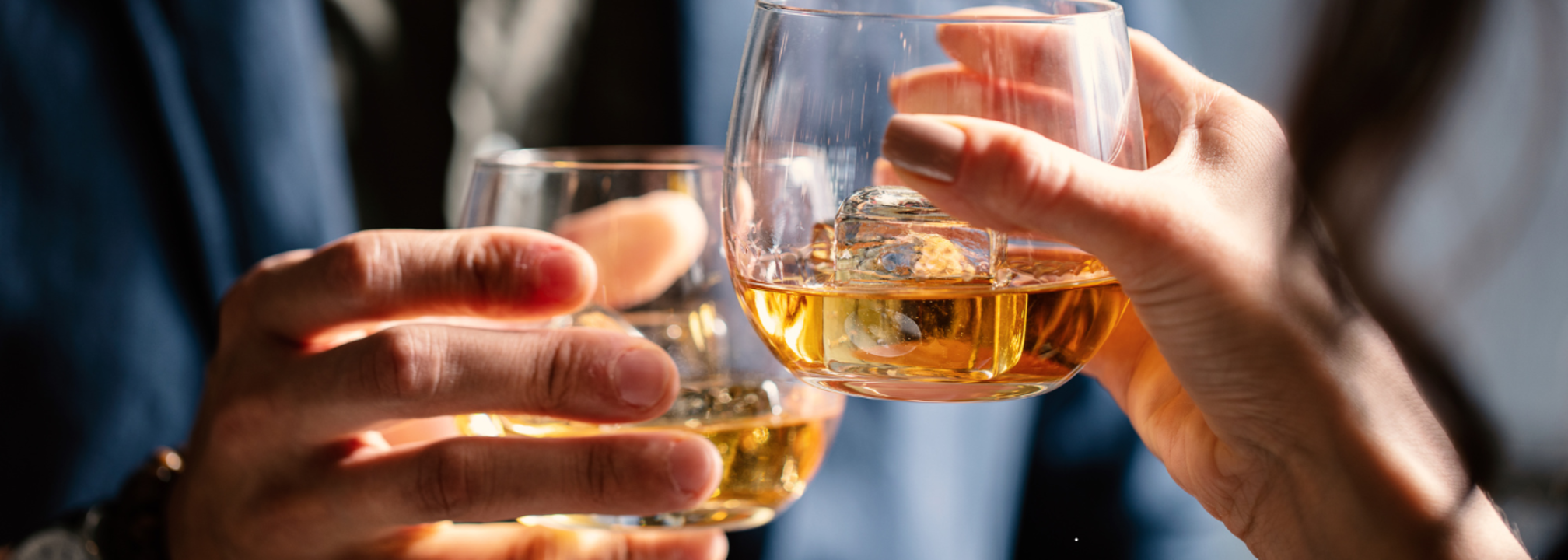Is Your Social Drinking Hurting Your Liver? A Scottish Woman Opens About Developing Chronic Liver Disease

Credits: Canva
SummaryA woman’s casual social drinking turned into a life-threatening warning when doctors identified binge drinking as the cause of her high liver disease risk. Learn how binge or social drinking impacts health.
End of Article
